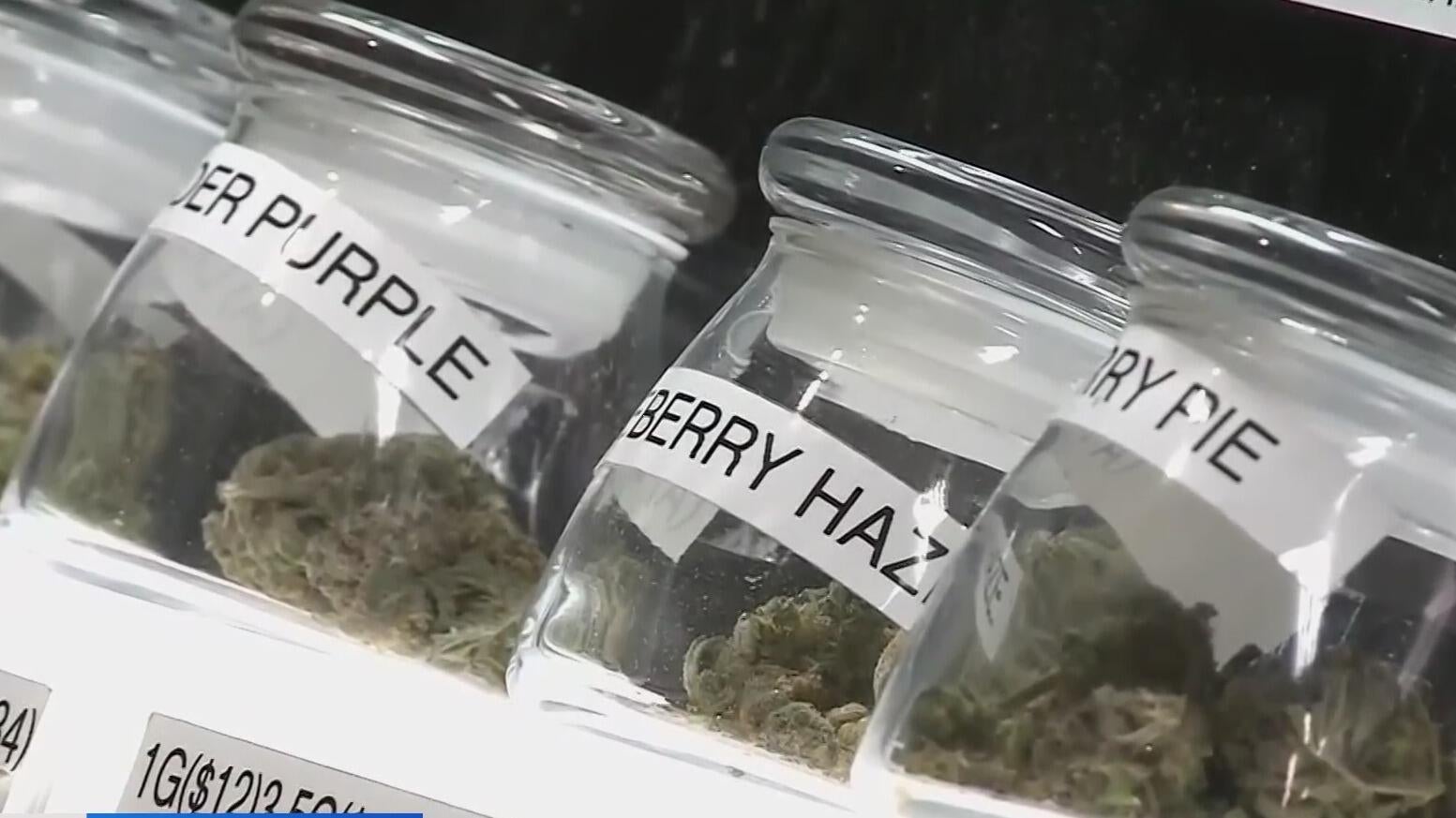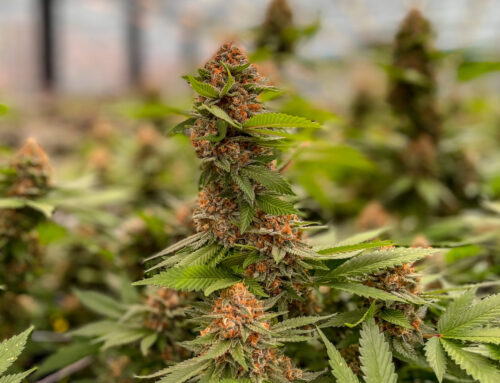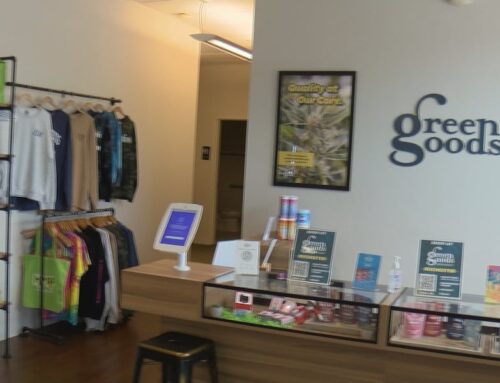Bay Area cannabis business feeling relief as Gov. Newsom rolls back tax hike
September 24, 2025
The marijuana industry is getting a small tax break.
Governor Gavin Newsom signed a bill to roll back taxes on recreational weed. The bill temporarily reverts the cannabis excise tax back to 15% until 2028. It went up to 19% earlier this year.
Operator of Cannabis Buyers Club Berkeley, Aundre Speciale, is feeling relieved
“Super thankful that the governor heard the message,” said Speciale.
Speciale wants safe, tested, and regulated marijuana to be easy for everyone to access. That’s why she pours her heart and soul into CBCB, both her children even work at the business.
“Food, fuel, fiber, fun and medicine,” Speciale said, explaining all the things marijuana can be for people. “It really is such an important plant that can do so many things to help and once I became an activist and I saw the people that really, their lives were changing with this plant. We have people who have been coming here since they were children with epilepsy.”
The business has existed since 1996; she’s operated it since ’07.
She knows the difference THC and CBD can make in people’s lives. That why consumers, advocacy groups, and operators were reaching out to Governor Newsom’s office, saying a planned cannabis excise tax bump from 15 percent to 19 percent was too much.
That’s in addition to the state sales tax and a local tax.
“So as of July 1st, the tax in Berkeley was 34.5 percent,” Speciale explained about the recent increase. “It’s 30 percent tax now, and we’re going in the right direction. It’s very difficult for us to compete.”
This week, the governor announced the tax bump would temporarily revert back to 15%.
Speciale says the slight break will help them compete with illegal businesses that bill themselves as hemp or smoke shops.
“Consumers can’t really tell the difference between our shop and their shop,” said Speciale. “Yet there’s no taxes. There’s no testing. They’re not actually sure what product they might leave the store with.”
She says it can be dangerous, but with increasing prices at legal shops, people are overwhelmingly moving in that direction, leaving her business with fewer customers.
“The fact that sales, revenue is going down across the state when there are more users than ever, so that’s showing that they’re leaving the licensed market to go to where they’re paying less or no taxes,” said Speciale.
Speciale is grateful that the tax increase is delayed until 2028, but says the taxes are still too high already to compete with the illegal market.
She believes people are willing to pay a tax to get a tested and reliable product, but only within reason.
“I know for a fact that customers and patients are willing to potentially pay a little bit more to ensure that they’re getting safe medicine and to support local businesses, but at some point, if the tax gets so high it’s harder and harder to have people to support the licensed market,” Speciale said.
Featured Local Savings
Search
RECENT PRESS RELEASES
Related Post




